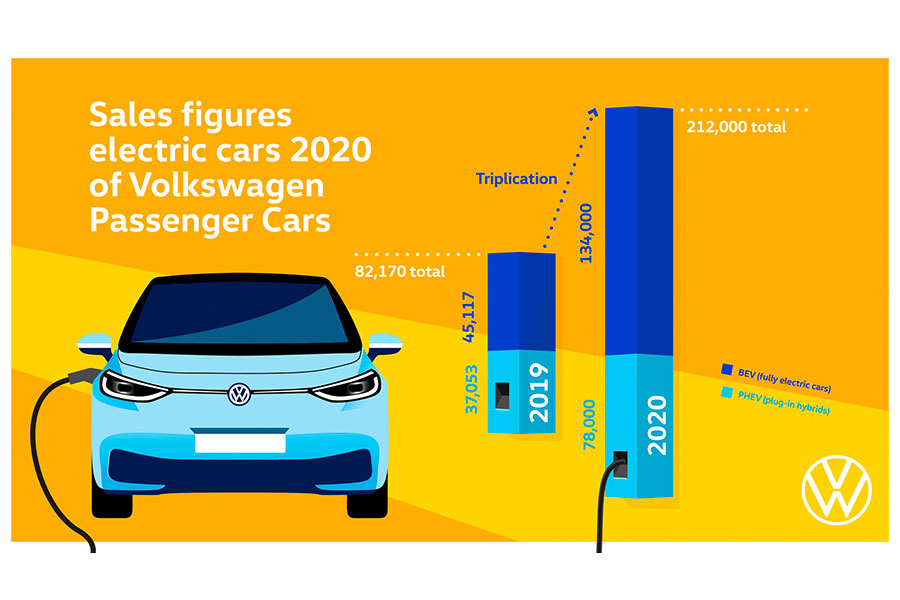The European Green Vehicles Initiative (EGVI) is a contractual partnership between public and private entities supporting research and innovation regarding green technologies. This is for mobility systems for road transport, including motor vehicles.
EGVI succeeded European Green Cars Initiative (EGCI) established in 2008 with various successes that include funding up to 113 innovation and research projects. EGCI is recognized for its valuable contribution to the electrification of motor vehicles and inducing employment.
The Impact of EGVI
In the latest 10-year impact assessment, EGVI claims to have created manufacturing jobs and contributed to new skills for green and sustainable transportation. Through the EGVI projects, the initiative has developed battery chemistry knowledge to improve performance and reduce its cost.
Battery performance accessibility and costs were some of the main challenges that EGCI noted. But apart from addressing these challenges, the EGVI projects have led to a better understanding of battery safety and ways to reduce hazards associated with electric vehicles. Improved electric vehicle safety is the key to widespread adoption.
EGVI projects have developed reliable and powerful simulation tools for hybrid powertrain and effective battery systems. No doubt battery technology has taken significant strides towards a more extended range. There are now more durable electric vehicle batteries to reduce their effect on the environment when they become waste.
The EGVI projects’ benefits have gone beyond the automotive industry. They are developing low emissions large engine ship powertrain to extend the green benefits to the sea.
Furthermore, the projects involve the whole value chain by initiating discussions about standards and interoperability. These discussions help understand the current constraints that various stakeholders are facing. For example, EGVI led the discussions on interoperability and standardization of charging systems for large vehicles such as buses.
The accessibility of recharging points was another challenge highlighted by EGCI, the previous scheme. At present, the European Union is funding a project by Karlsruhe Institute of Technology (KIT) and Ulm University to boost battery development.
Even though there are still challenges with electric vehicle batteries, such initiatives as EGVI currently lead the way towards viable solutions.




Recent Comments